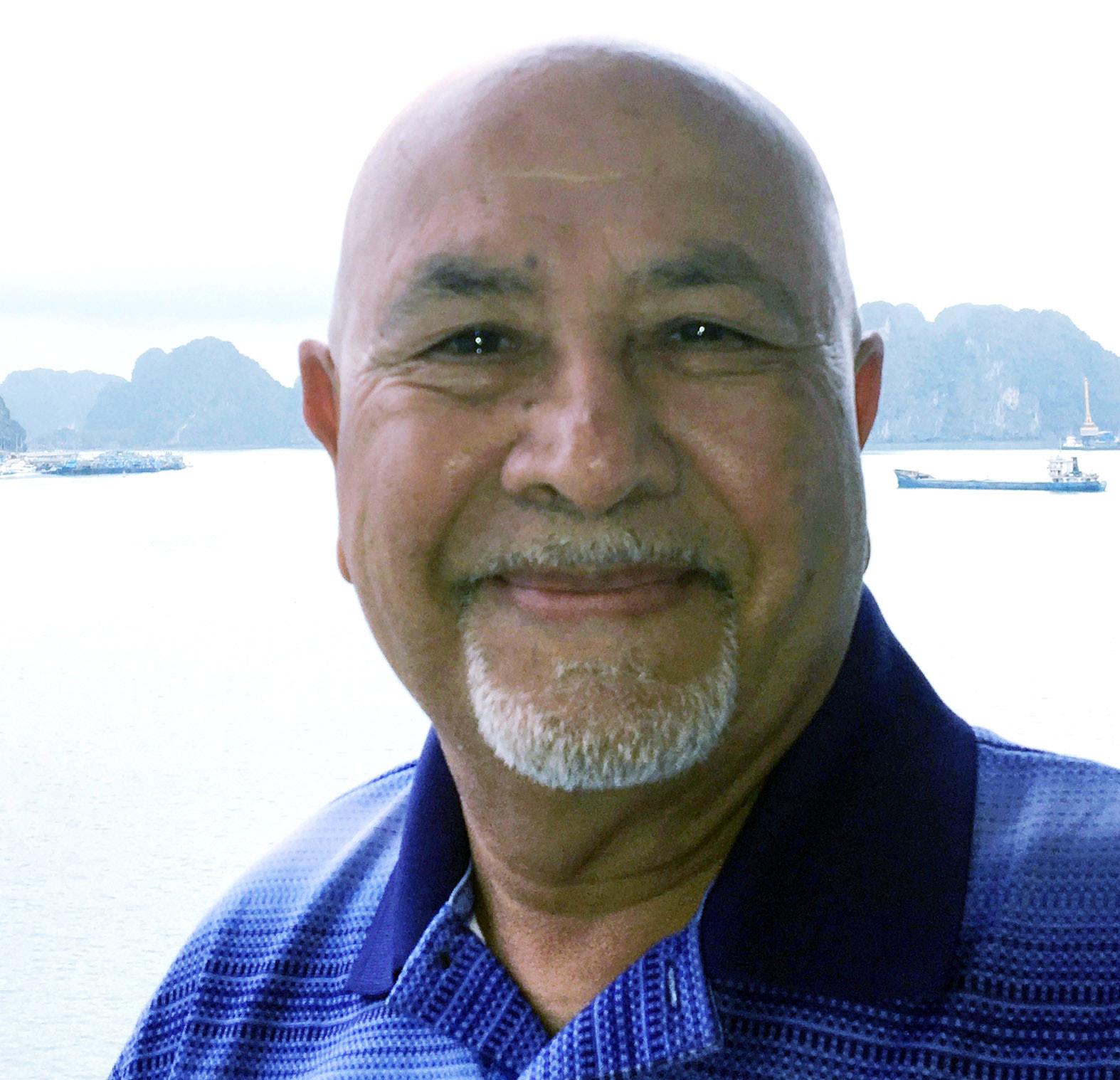
3 minute read
LOVE ALL, SERVE ALL
from 2020-02 Sydney (1)
by Indian Link
Dr. GUNVANTRAI PREMJI NAKER, OAM
For service to the international community and to medicine
Ask Dr. Gunu Naker what his proudest achievement has been in his 50-year career as a GP, and he’ll say with characteristic modesty, “Respect from my patients and their con dence in me.”
Having been felicitated with the OAM in this year’s Australia Day Honours, Dr Naker told Indian Link he felt “humbled and honoured.”
Dr. Naker currently works at Eastbrooke Medical Centres, Carlton NSW.
Born and brought up in Arusha Tanzania, he took his medical degree from the University of Bombay’s prestigious Grant Medical College. He arrived in Australia soon after.
As a dedicated doctor, he has constantly upskilled, in order to provide the best care for his patients.
“I did a fellowship in acupuncture FAMAC (Fellowship of the Australian Medical Acupuncture College) as I realised that NSAIDs (nonsteroidal antiin ammatory drugs) have many adverse reactions. I also took an MPM from UNSW for upskilling in mental health. Seeing that many of my patients needed after-hours care, I got involved with the St George GP After Hours service at St. George Private Hospital and also provided voluntary service on the committee.”
Within Sydney’s Indian community, he is well known for his voluntary work with various charitable organisations.
A deeply spiritual person, he found his own values in sync with those of Indian spiritual movement the Sathya Sai organisation. “Sathya, Dharma, Shanthi, Prem and Ahimsa (Truth, Duty, Peace, Love and Nonviolence) had been guiding principles in my own life, and I felt drawn to the organisation’s ‘Love All Serve All’ maxim.”
Indeed, to this day, he signs o his emails with these very words.
Dr. Naker has been involved in the Sathya Sai International Organisation since its inception in Australia in 1983. As a doctor he has been able to use his skills in communities that have most needed help, serving as Co-Convenor of the Sai Medical Wing since 2003, and as Team Leader of the Sai Medical Camp in Fiji since 2006. Today he is the driving force behind the Sai Medical Camp that is conducted every year. He has encouraged other doctors and allied health specialists such as physiotherapists to volunteer their services in numerous outreach programs in Fiji. The large group that accompanies him to Fiji every year, conducts medical checks and provides much-needed support and assistance.
“Our future plan is to upskill local medical and allied workers,” he revealed. “We have been able to establish relationships with Fiji’s Ministry of Health to be able to do this. I have also had the opportunity to serve at Sathya Sai’s charitable hospitals in Gujarat India on a volunteer basis.”
Dr. Naker’s passion, drive and great skill not only as a doctor but also a leader have also come to the fore in his activities at RAIN (Resourceful Australian Indian Network). The group rst approached him in 2007 to help raise funds for a seniors’ centre, a service for the frail aged in the Indian sub-continent community. Very shortly, Dr. Naker was on the group’s executive committee. Working tirelessly to raise funds to get the centre at Penshurst up and going, he has helped set RAIN up as a model organisation as it serves the needs of some 150 seniors. His garden project and meditation initiatives have seen the seniors engage positively. RAIN also provides social support and home care packages with funding from the Commonwealth Government.
What attracts Dr. Naker to social work?
“I’ve been involved in charitable activities since childhood. The Scouts in my younger years and NCC (National Cadet Corps) at university are some of my fondest early memories. I’m still moved by the words ‘to do my duty to my God and my country’. They will continue to inspire me towards sel ess service till this body allows me.”
Rajni Anand Luthra
Natarajan
graduate Education in 1990 and Director of Diabetes Services in 1996.
Apart from a year overseas at Beth Israel Hospital in Boston USA on a fellowship programme, all of her medical career has been with the Royal Adelaide Hospital.
As a Fellow since 1986, Mitra has played an active role in the Adult Medicine division of the RACP (Royal College of Physicians) for a number of years, including being Member of the Advanced Training Committee in Cardiology, Pharmacology and Neurology. She is the recipient of the College’s Medal for Outstanding Contribution to Education in 2016 and, in 2010 Excellence in Mentorship Award in Physician Education category.
She was also Chair of Accreditation Committee of SA Medical Education and Training for eight years since 2010.
All of the above roles speak eloquently of her commitment to training and education of medical professionals. When asked to identify a career highlight, she was quick to respond: “Watching my interns emerge as well-trained and quali ed physicians.”
What does she have to say, though, about the allegedly draconian laws for admitting India-quali ed (or overseas-trained) doctors?
“There are many who have passed! It is not unreasonable to expect that the authorities must be con dent that the doctors coming here to serve are capable and con dent, and comfortable in their roles. My advice to those who are going through the process currently would be to keep persisting. Be con dent of your clinical skills; familiarise yourself with the clinical setting rather than merely concentrating on theoretical understanding.”
Belying the erroneous belief that professionals in scienti c elds are less inclined towards things related to arts, Mitra has had deep involvement with the Australian Decorative and Fine Arts Society of Adelaide, having been its Deputy Chair and then Chair for two years. You can’t separate a Bengali from the love of arts.
LP Ayer










